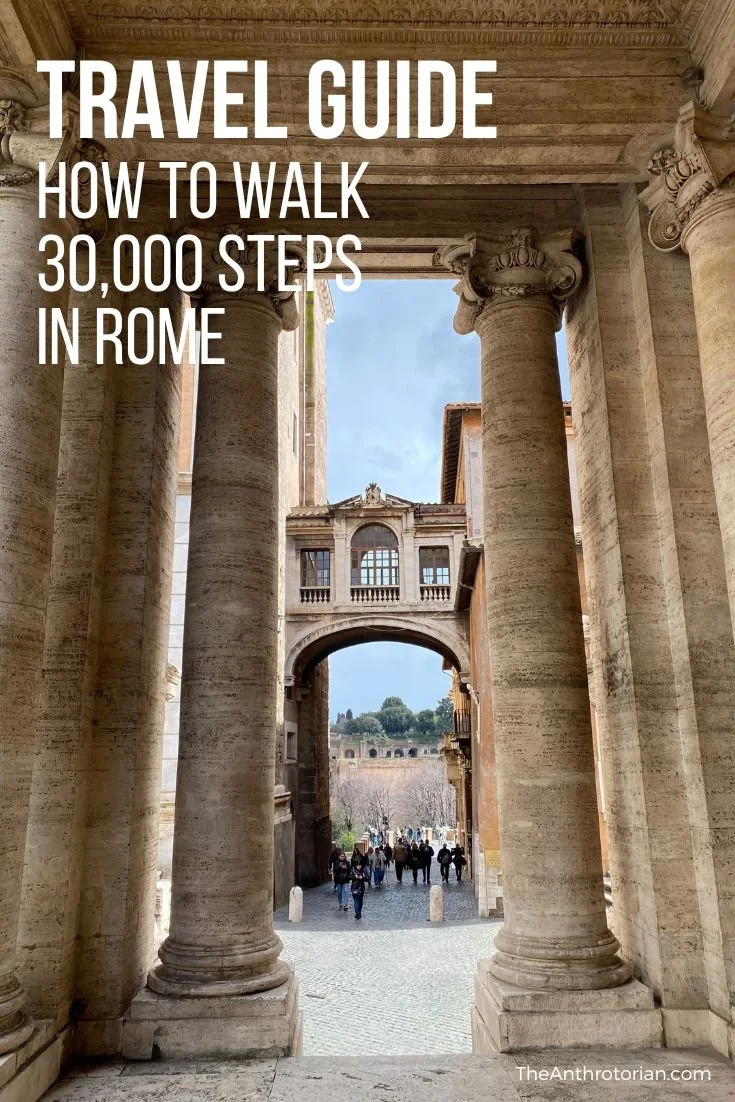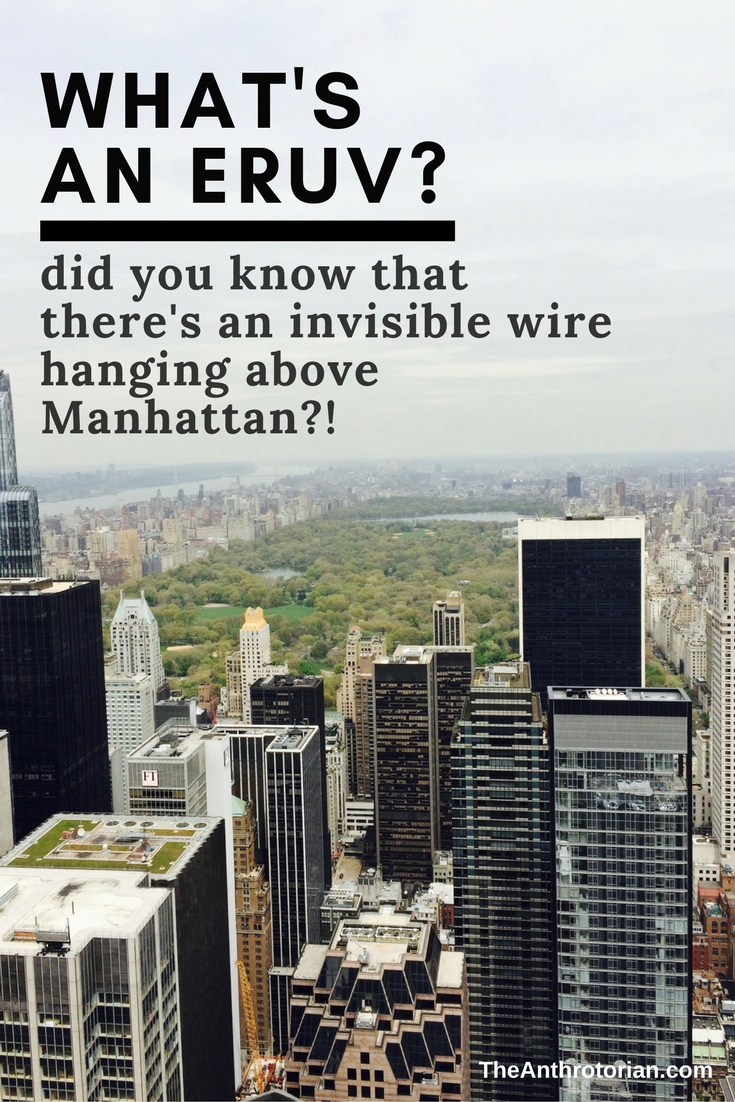Whether you are a penny-pinching backpacker or a traveller with deeper pockets, everyone loves a great, cash saving travel tip.
These tips will not only help you save and protect your money while you are travelling, but can also lead you to more genuine cultural experiences and — what every traveller loves to collect — some great stories.
First, lets start with a few tips to help prevent any cash-flow disasters:
Before you leave home call your credit card companies
I can not stress this point enough. If you don’t call, there is a good chance that your card will be canceled or have a hold placed on it right when you have to pay for your hotel room or your expensive dinner.
A simple call alerting them where you are going, and for how long, will prevent any disasters. Many card companies also have toll-free numbers that you can call from international locations if you have any issues.
Make sure you have a four digit pin number
Your credit and debit cards should work at most ATMs around the world, as long as you have a 4-digit pin number. Anything longer will not be compatible with international banks and cause issues when you try to take out money.
Remember that exchanging money is not always easy.
It was almost impossible for me to exchange the Budapest forint once I had left the country. Unless you are planning on going back to the country you are leaving, exchange your extra pesos, florins, drams, and riels before you cross the border.
Do not keep all of your cash and cards in one place
Even if you are wearing a money belt the entire time you're traveling, it's important to have something extra tucked away just in case. I recommend sewing a small pocket in the bottom of your bag that you can tuck a card and some cash into, or placing a little cash under the insole of your shoe.
And now for some tips that will help you save cash while still having some incredible experiences:
Unless you are staying in one place, don’t book ahead
Whenever I give this advice, the first thing that people tell me is that they have a limited amount of time and don’t want to risk not having a place to stay. Of course, if you are going somewhere that is hosting a huge event or in the peak of tourist season, booking ahead is definitely the best plan.
But, if you book ahead for the average trip, you run the risk of paying more (you can often get cheaper rates once in the actual country) or staying somewhere that doesn’t live up to its online photos.
I do recommend booking accommodation ahead of time for the first city you will hit on your itinerary so you have a base to head to, but leave the rest for when you get there.
Here’s why; all hotels, hostels and guesthouses are associated with other hotels, hostels and guesthouses in other cities and countries. They will always — whether you want it or not — have a recommendation for you, and will often even set it up for you at a discount.
The other reason I recommend not pre-booking is that if you do, you are forced to keep to a schedule. What happens if you want to stay a few extra days or leave early? What happens if you hear about an amazing free concert happening in a city that wasn’t in your pre-planned itinerary? There’s no risk of losing a deposit if you haven’t paid one yet, and not booking ahead allows you to take advantage of the best part of travel — spontaneity!
Don’t take a tour
There are, of course, exceptions to this rule.
If taking a tour is safer (I took a tour into the Korean Demilitarized Zone for example) or less expensive than doing it yourself, it is absolutely worth it.
I’m referring to the walking, sightseeing, museum tours that, in the age of smartphones and Lonely Planet Travel Guides, are a complete waste of money for the budget traveler. Anything that these human guides are going to tell or show you could easily be discovered yourself with very little effort.
These paid tours are often affiliated with certain restaurants or shops and will usually begin or end with a visit to them where you will be forced to browse or eat in a ‘tourist friendly’, unauthentic environment. So, not only do they often waste your money, but your time as well.
Ask a local
Locals are your most valuable source when it comes to saving money. They are the people who can tell you where the best (affordable) spots to eat, party, and sightsee are. They are also great at giving you tips on how to experience the local (often free) hot spots.
Remember that the concierge at your hotel (in a hostel, this is not an issue) is not necessarily a "local" when he is doing his job. He is paid and trained to tell you typical tourist things to do. Talk to waiters, bartenders, desk clerks and local business owners for more authentic tips. They are the ones who will be in-the-know about what is going on in their city.
Only sit down to eat once a day
Limiting your restaurant dining can save you a bunch of cash.
Many hostels and hotels will include breakfast in the cost of the room, but if they don’t you can easily grab a piece of fruit, something cheap from a local bakery or a snack from a street stall. Street food is available all day and every country that I have visited, from Asia to North America has a version of a cafe where cheap sandwiches can be purchased as well.
Most would pick dinner as their sit down meal, but if you are looking to save everything that you can, I suggest heading to a restaurant for lunch instead. Lunch menus are usually just slightly smaller versions of the dinner menu, and are often $5-10 cheaper. The portion size will still more than fill you up, and you will get the same experience you would if you were there for dinner —without having to worry about what to do with leftovers.
Embrace free entertainment
With the exception of travel in cold countries in the deep of winter, every place I have ever been has had constant street performances. I have seen Italian opera preformed on the street in Venice, acrobatics on the pavement in China, and Mozart played by classical musicians in Vienna. None of these shows cost me more than the donation that I chose to give, and I believe that they were just as impressive — in their own way — as anything I could have seen for full price in a theatre.
Do a bit of research ahead of time, and you can even time your travels so that you are present for one of the amazing free concerts, celebrations, or street performer festivals that occur at different times of the year all over the world.












